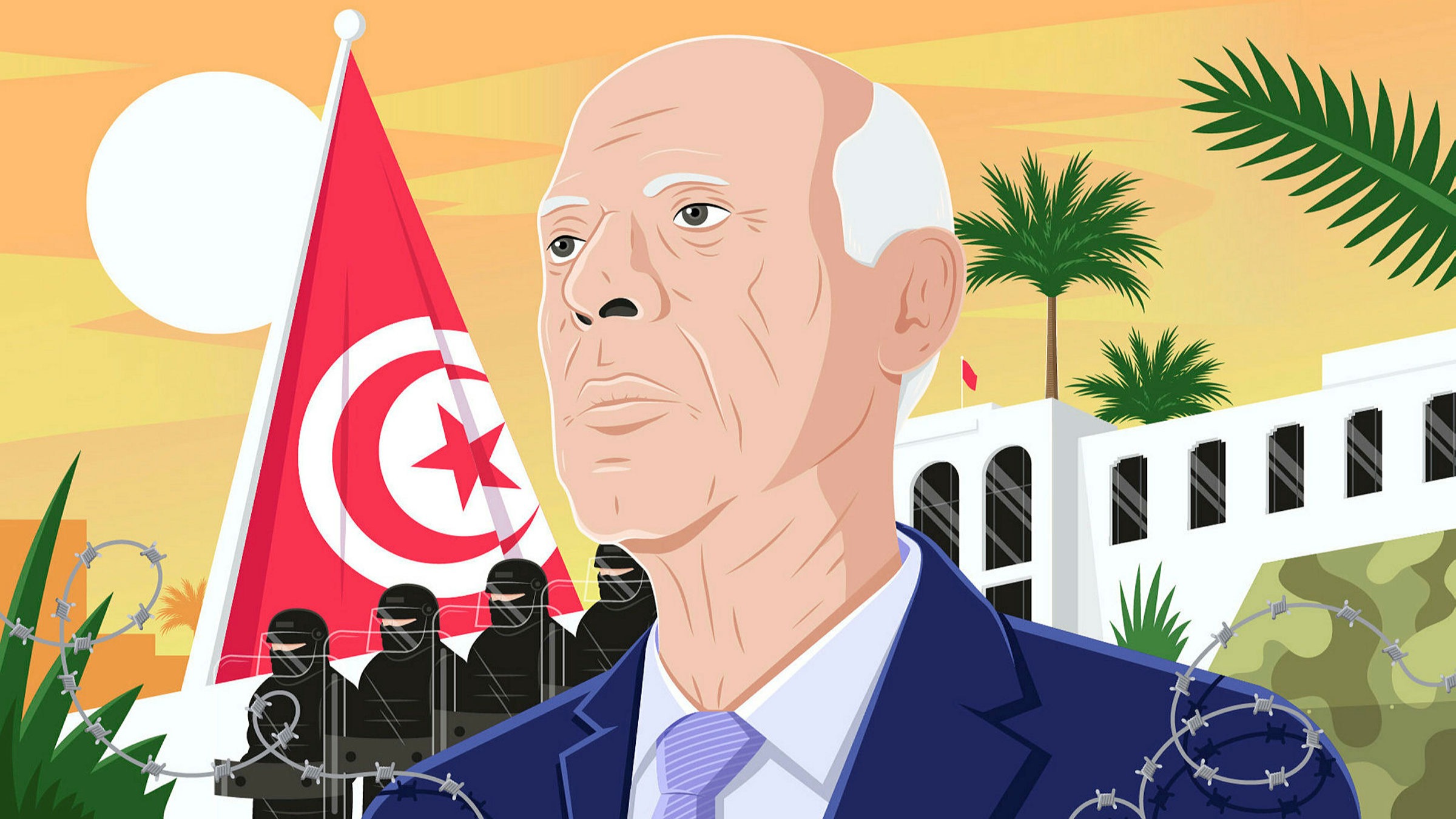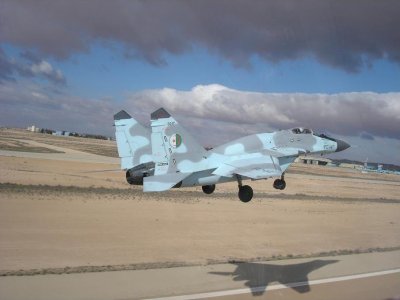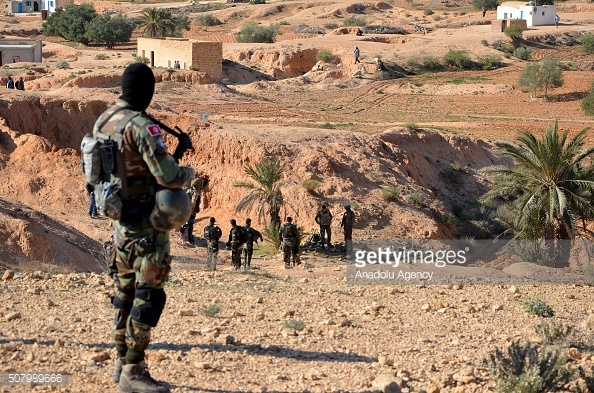Tunisia is mired in an economic and financial crisis worsened by the backpedalling to autocracy as president Kais Saied intensifies his crackdown on critics, while picking migrants as scapegoats.
The one-man ruled country could be denied an IMF lifeline of 2 billion dollars as it shuns painful reforms, including cutting subsidies.
Last week, Fitch rating rated Tunisia ‘CCC+’, warning that “default is a real possibility.”
Without the IMF deal, other bilateral or multilateral creditors would not be encouraged to lend Tunisia, a country of about 13 million.
Omens of a looming crisis are now commonplace with empty shelves in supermarkets and long queues on basic goods such as subsidized sugar and dairy products with fears of a return to fuel rationing.
The Central Bank has warned against resorting to money printing or emptying the country’s foreign currency reserves.
As reform and talks with IMF stall, Tunisian president seeks scapegoats sending scores of critics including Islamist and secular politicians to prison. His diatribe against Sub-Saharans sent shockwaves across the continent as African countries ask their nationals to leave the country.
The World Bank said it was halting operations in the country while the IMF expressed concern, further undermining Tunisia’s attractiveness to investors.
The backpedalling to autocracy would further complicate Tunisia’s quest for a lifeline because Kais Saied is destroying stability prospects in the country making donors sceptical about the country’s immediate future.
In times of crises, the role of a leader is to dissipate tension and reassure nationals and foreigners regarding political stability and economic fundamentals. Kais Saied is doing the opposite.
He succeeded in turning Tunisia to a vassal state of military-run Algeria, creating a fog of uncertainty, coupled with economic hardship that resulted in a surge in illegal arrivals of Tunisians via the risky sea route to Europe.
Lacking solutions, Saied seeks solace in rhetoric which only backfires at a country that was once an Arab Spring success.



